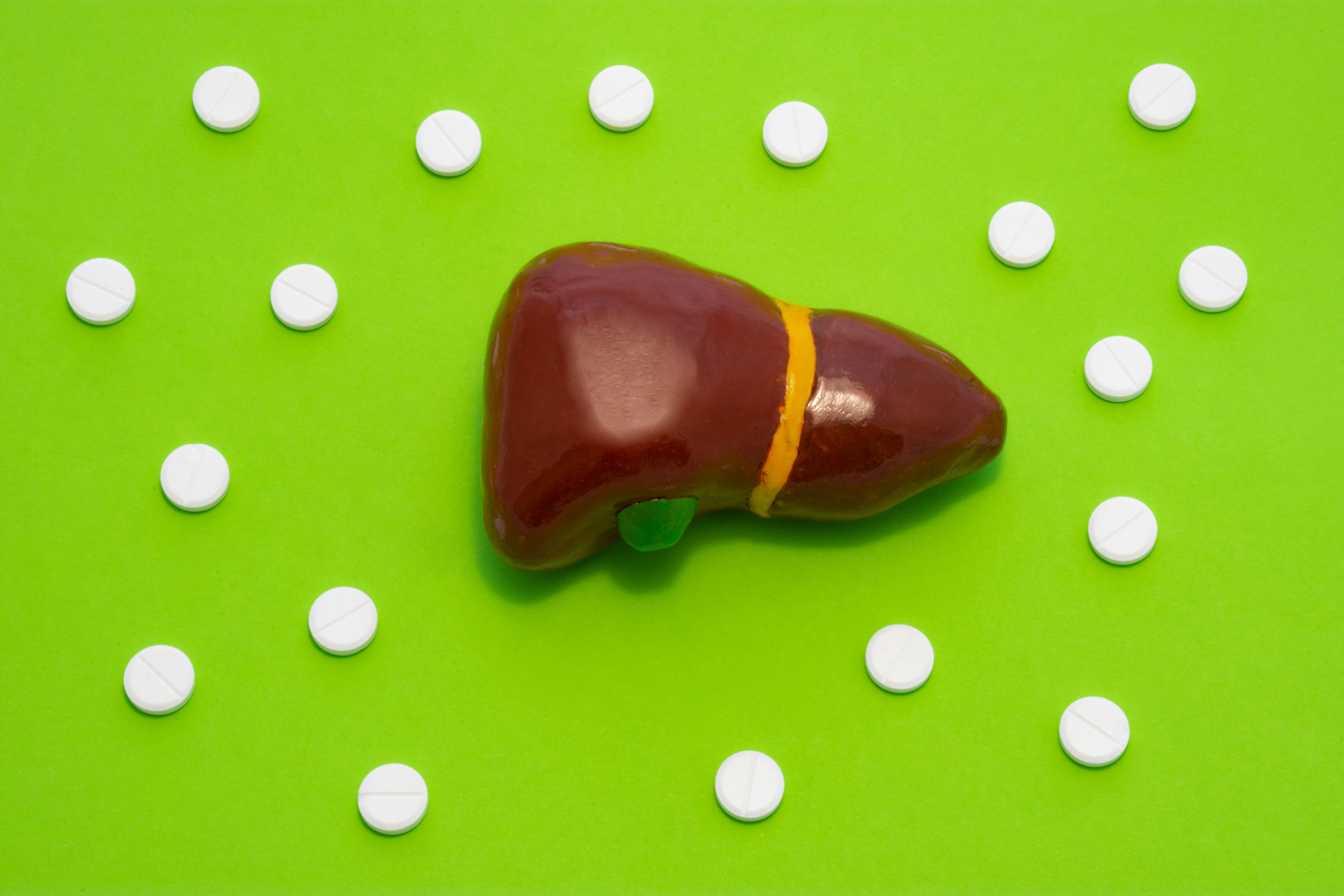Get Easy Health Digest™ in your inbox and don’t miss a thing when you subscribe today. Plus, get the free bonus report, Mother Nature’s Tips, Tricks and Remedies for Cholesterol, Blood Pressure & Blood Sugar as my way of saying welcome to the community!
What gallstones reveal about your cancer risk

According to the American Cancer Society, 62,210 Americans will be diagnosed with pancreatic cancer this year.
Of those, about 49,830 will die of the disease – a shocking statistic.
But not all of the news is grim. While many of the risk factors for ending up with pancreatic cancer are out of our control, older age, sex (males are at higher risk than women) and inherited disorders, others are squarely in our hands.
These include risks such as excess alcohol consumption, smoking, obesity and type 2 diabetes. Taking steps to control those risks can help keep you from becoming a victim.
And now, scientists have found a predictor — a condition that if you get it, could mean pancreatic cancer is only a few years away. But like those other risk factors, you can take control…
The red, flashing light that signals a cancer risk
Researchers at Boston Medical Center have now proven that patients with pancreatic ductal adenocarcinoma (PDAC) are six times more likely to have had gallstone disease within the year prior to diagnosis than non-cancer patients.
PDAC is the most common pancreatic cancer, making up more than 90 percent of cases
“It is such a terrible disease, and survival is so low,” said lead researcher, said Marianna Papageorge, MD. “People present at such advanced stages, so anything we can do to try to diagnose people earlier and make sure that they’re getting curative treatment is crucial.”
So how did the researchers determine that gallstones could be a warning sign for this aggressive and deadly cancer?
They jumped into the deep end of a data pool.
The scientists combed through records from 2008 to 2015, identifying 18,700 PDAC patients and comparing them to an average of 99,287 patients per year from the same database.
And their results showed that in the year before their diagnosis, 4.7 percent of the patients with pancreatic cancer had a diagnosis of gallstone disease, with 1.6 percent of them requiring gallbladder removal.
Compare this to the non-cancer patients, only 0.8 percent of whom had gallstones and 0.3 percent had their gallbladders removed.
“Pancreatic cancer can be difficult to diagnose and then chances of survival are slim. Our findings suggest that gallstone disease may be a way to better diagnose this type of cancer – meaning we could save more lives,” said Dr. Papageorge, MD.
And they point out that while gallstones don’t directly cause PDAC, understanding the association between poor gallbladder health and pancreatic cancer risk could help combat the high mortality rate of the disease.
Reducing risks for gallstone disease and cancer
So if gallbladder and pancreas health go hand-in-hand, what can you do for your gallbladder to help keep your pancreas at its best?
Well, like most things when it comes to your health, it all starts with your diet.
For preventing gallstones, the National Institute for Diabetes and Digestive and Kidney Diseases recommends eating a diet high in fiber, including plenty of fruits, veggies and beans, as well as whole grains, like brown rice and oats.
It’s also important to eat plenty of healthy fats, from sources like fish and olive oil, which help your gallbladder contract and empty regularly.
And don’t forget to limit refined carbs, like sugar and unhealthy fats, such as the ones you get in fried foods and desserts.
Additionally, since gallstones are really just little balls of cholesterol, keeping your numbers in the healthy range could also help keep those stones at bay.
One way to do that is by taking a supplement of prickly pear fruit, which has been shown to reduce both total cholesterol and LDL (bad cholesterol).
Finally, if you love coffee, drink up! Research has shown that the more coffee someone drinks, the lower their risk of gallstones. And this is true for both decaf and caffeinated coffee.
Editor’s note: Discover how to live a cancer prevention lifestyle — using foods, vitamins, minerals and herbs — as well as little-known therapies allowed in other countries but denied to you by American mainstream medicine. Click here to discover Surviving Cancer! A Comprehensive Guide to Understanding the Causes, Treatments and Big Business Behind Medicine’s Most Frightening Diagnosis!
Sources:
Gallstone disease shown to be strong predictor of pancreatic cancer – EurekAlert!
Key Statistics for Pancreatic Cancer – American Cancer Society












